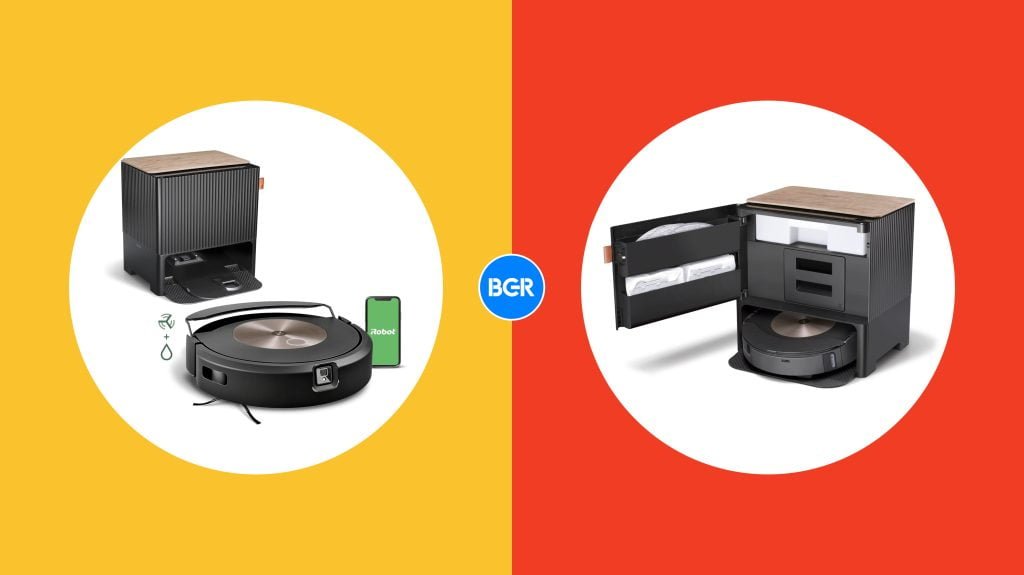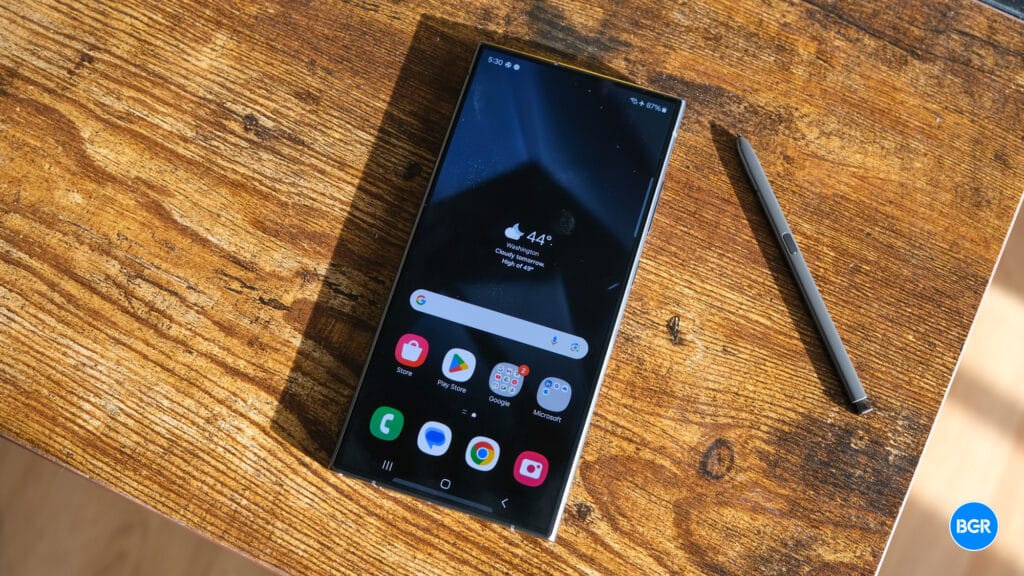 Listen to this podcast
Listen to this podcast
We speak to Google’s director of product management for confidential computing about ensuring the protection of data in use
How do you offer a trusted environment for hosting applications and data in the public cloud? It is an area Google’s Nelly Porter is very much focused on. Porter is a director of product management at Google, with responsibilities covering GCP (Google Cloud) confidential computing and encryption.
Confidential computing is among the techniques GCP uses to secure data, as Porter explains: “Confidential computing is a very interesting term and it’s come from the concept of computing. When you’re performing operations on data using an application, confidential computing points to the fact that there are a bunch of technologies built to protect customers’ and users’ privacy. It’s privacy preserving technology that is helping to keep data and workloads protected when in use such as when an application performs any operations on that data. This means it has to process it. It has to put it in memory and it has to run computational operations on that data by utilising hardware like CPUs, GPUs or TPUs [tensor processing units] or any other device.”
It is based on hardware controls built into Google’s infrastructure security. “We’re using the hardware capabilities of our partners like AMD, Intel, or Nvidia to establish very strong cryptographic isolation and protection for our customers’ workloads,” she adds.
The goal is to ensure customers are actually running their applications in confidential hardware based environments.
To provide this security, she says Google needs to make sure AMD, Intel, Nvidia and other hardware providers are doing what they need to do to ensure security is maintained in their products. Equally, Google Cloud has to play its part in securing its cloud infrastructure. “All of these companies have come together to offer incredibly usable, scalable and performant confidential computing for our customers,” she says.





